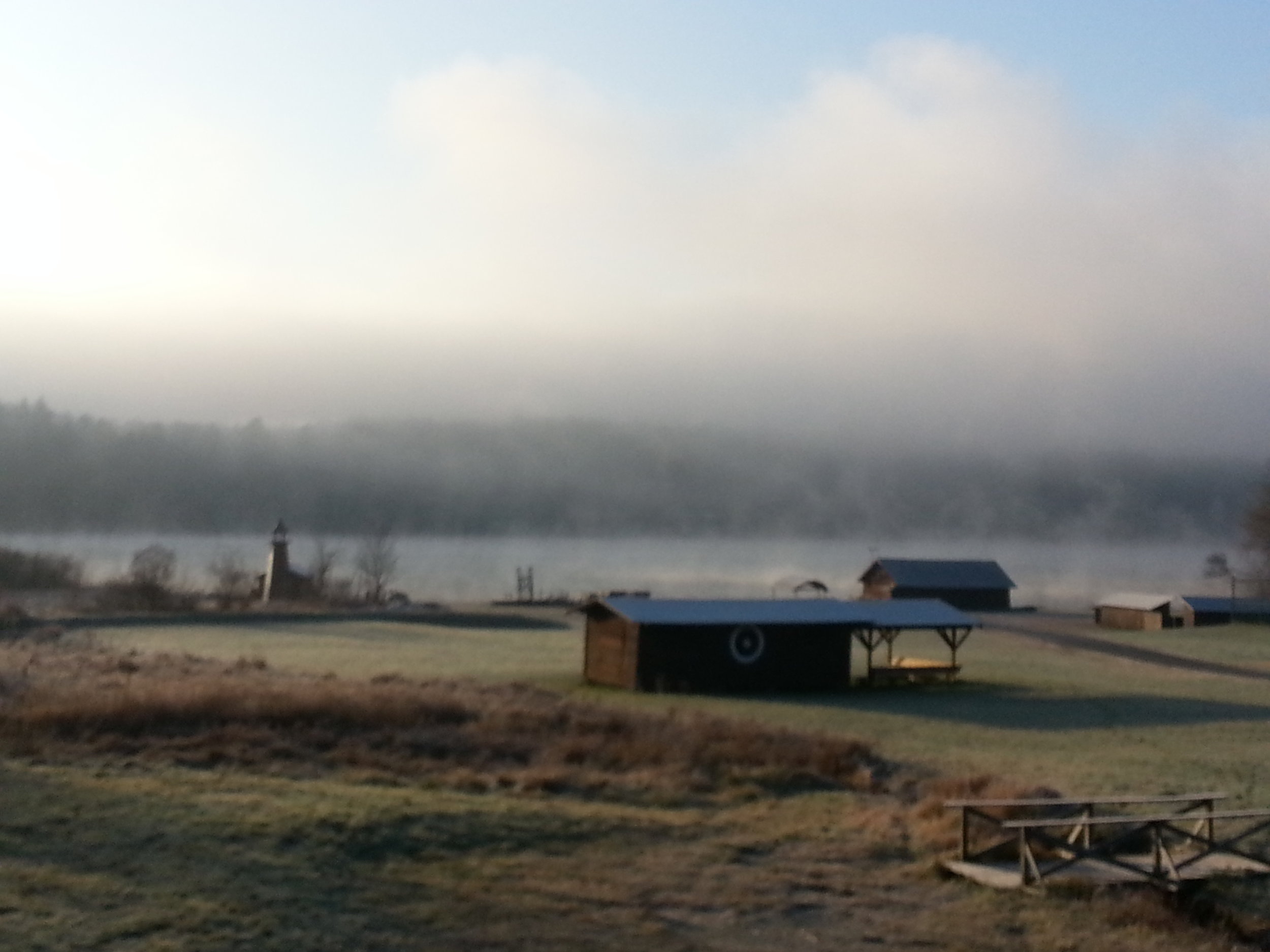This past weekend I trekked up to northern Vermont to renew my certification as a Wilderness First Responder through SOLO (http://www.soloschools.com/index.cfm?event=course.wfr). The course was hosted at the property of the Hulbert Outdoor Center (http://www.alohafoundation.org/hulbert-outdoor-center/) which has some great facilities, an awesome history, and a spectacular location in VT:

I have found over the past three years since I was originally certified as a Wilderness First Responder (WFR) that it is the most useful set of skills and knowledge that anyone who leads camps or trips could have. While the skills it teaches are superb (from splinting broken bones using odds and ends from around the campsite to applying a tourniquet to a shark bite) what I gained most from the course is the emphasis in prevention and teamwork. Almost all summer camp injuries and ailments can be prevented by being proactive with the group. Staying hydrated can ward off heat exhaustion as well as hypothermia and proper clothing and equipment can minimize the risks of any given activity. Communicating as a group and fostering an environment of openness and trust keep little issues from going unnoticed and possibly getting infected or otherwise worsening.
The re-certification course itself was a ton of fun. It is based around a series of scenarios where participants alternate in being rescuers or patients. First I pretended to have fallen down a hill and broken my arm while also getting stung by a bee and suffering an allergic reaction which my rescuer had to figure out and alleviate. Next I came across an unconscious patient who I figured out had fallen off a cliff, broken his femur, and then gone into a diabetic coma from low blood sugar that I had to awaken, build a traction splint, and evacuate from the hill. Over the two days outside in VT there were also cuts, dislocations, concussions, and mass casualty situations all designed and supervised by the instructors to test and refresh our ability to cope with a wide array of wilderness scenarios we may encounter (all extreme but within the realm of a WFR's abilities).
Having passed the re-certification course I am now a WFR for three more years. My skills are refreshed and I am more confident than ever in my ability to keep my campers safe, healthy, and having fun.
